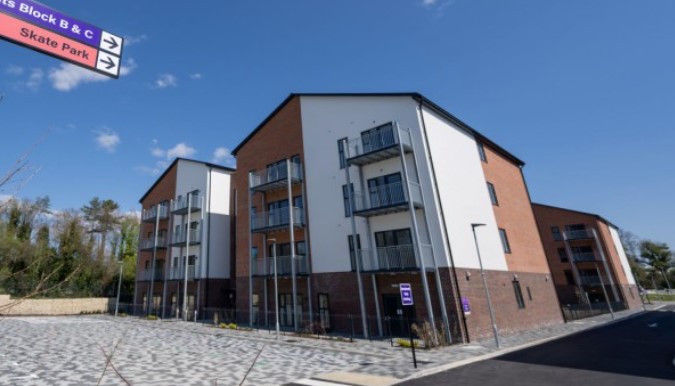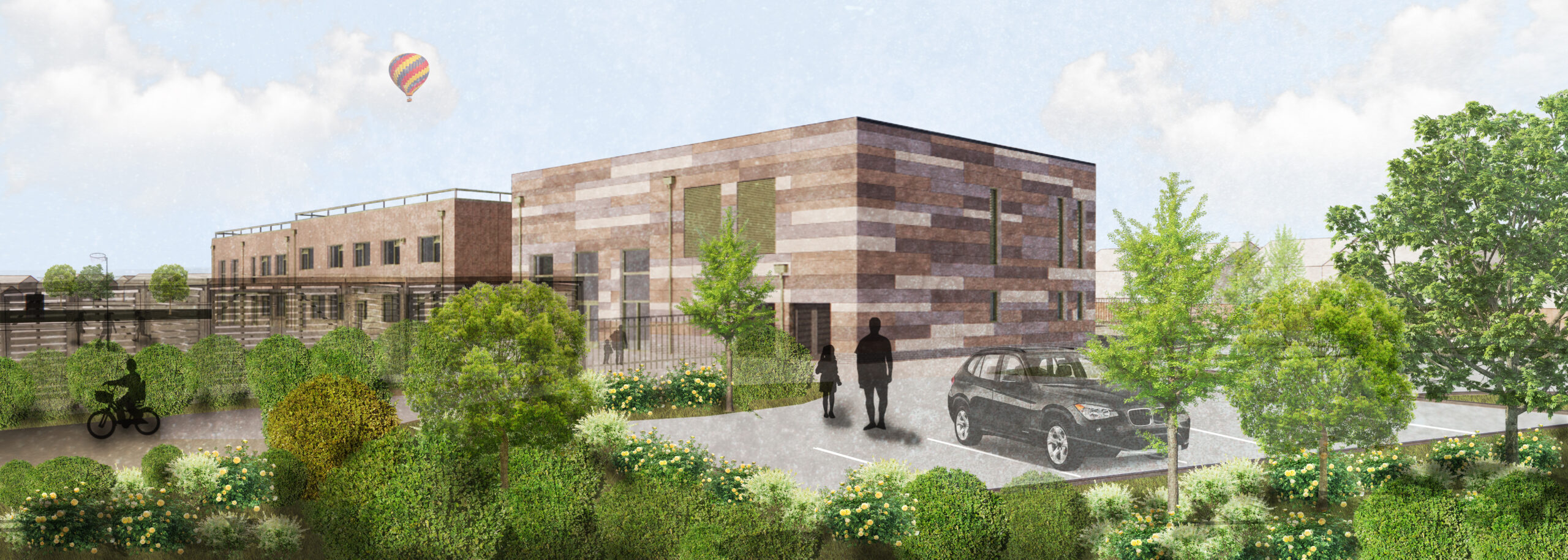Welcome to Lisa Skinner Associates

Positive Thinking, Positive Planning
I’m Lisa Skinner. With over 30 years’ experience in some of the toughest planning environments possible, I know what it takes to succeed. It’s not just what you know, its far more about understanding your stakeholders and building coalitions of the willing with “win win” situations that create results that stand the test of time.
That’s why I set up LSA Planning with a philosophy of operating to the highest ethical standards, in a sustainable and inclusive way, delivering high quality service and results that exceed expectations.
Planning & Development Strategy

Planning Applications

Appointments & Co-ordination

Enforcement Advice

Planning Appeals

Site Development Appraisals

Expert Witness

Site Promotions

Public Consultation & Community Engagement

our services…what we do
We offer a full range of planning services ranging from the Long Term Strategic through to the “Here and now” tactical. But it’s not just experienced planning consultants you get access to, it’s access to a first class network of professionals with the same high ethical standards that we live by.
Illustrative projects
From bespoke commercial and residential developments to urban redevelopment and major school projects, LSA has the ability to get you where you want to be with minimal fuss. And when it’s advice that you need, whether around strategy or an appeal, there is nothing that phases the team…over 30 years’ experience sees to that.
Sawtry Primary School, Sawston, Cambridge
a new build 2 Form Entry Primary School with a 52 place pre school The building was designed in close discussion with Cambridge County Council and Meridian Academy Trust to ensure an optimum learning environment and an energy efficiency building for the future - Courtesy Saunders Boston
Wyton on the Hill, Huntingdon, Cambridge
New 1.5 Form Entry Primary School with a 40 place Pre-school Sustainable and contemporary design in a rural environment with a new public piazza - Courtesy Saunders Boston and Richard Fraser

Hills Road sixth Form College, Cambridge
New entrance foyer to improve access for the College and theatre - Courtesy Saunders Boston

Grove View, Dunstable, Bedfordshire
First mixed use development in Central Bedfordshire including a new health and well being hub, (6375sqm) serving 50,000 people and 98 homes for residents over 55. Grove View embodies the concept of placemaking, bringing health and care services directly to the heart of the community along with later living homes - Courtesy Willmott Dixon



Passionate about Planning
Lisa Skinner Associates Ltd, with its positive thinking and innovative approach, is helping clients to shape the future of our spaces and create sustainable communities for generations to come. We are excited to be working with great clients who are creating the landscapes of tomorrow.
Let’s build a world where thoughtful planning and sustainable development go hand in hand. Together, we can create vibrant spaces and sustainable communities that will thrive for generations to come.
Experience the power of positive thinking and positive planning with Lisa Skinner Associates Ltd. Read more to find out how we’re turning dreams into reality.
... a brief history of planning in the UK

Urban and spatial planning in the UK has a rich history shaped by a combination of socio-economic changes, technological advances, political interventions, and cultural shifts. Here’s a brief summary of the key developments in the history of planning in the UK:
Pre-20th Century: While rudimentary forms of planning existed in ancient and medieval times (e.g., the layout of Roman cities), it was during the industrial revolution of the 19th century that the need for more structured planning arose, due to rapid urbanization and the associated social and environmental issues.
Public Health Act (1875): This was one of the earliest pieces of legislation that sought to address the appalling living conditions in urban areas. It provided a framework for urban sanitation and development.
Garden City Movement (Late 1800s – Early 1900s): Ebenezer Howard promoted the idea of ‘Garden Cities’ — self-contained communities surrounded by greenbelts. The towns of Letchworth and Welwyn in England were designed on these principles.
Town and Country Planning Act (1947): This is arguably the most significant piece of planning legislation in the UK. It introduced a system of development control and planning permissions, ensuring that land changes had to receive permission from local authorities. It also mandated the preparation of comprehensive local plans.
New Towns Act (1946): Post WWII, there was a need for housing and urban reconstruction. The act led to the creation of ‘New Towns’ such as Milton Keynes and Stevenage, designed to alleviate overcrowded conditions in major cities.
Urban Renewal (1960s and 1970s): During this period, there was an emphasis on redeveloping areas perceived as slums. This often involved large-scale clearance and the construction of high-rise buildings. However, some of these projects were later criticized for displacing communities and creating social issues.
Conservation Movements (Late 20th Century): As many historic buildings and areas faced demolition during the 60s and 70s, there was a growing movement to conserve architectural and historic heritage. This led to the establishment of conservation areas and listed building status.
Sustainable Development (Late 20th – Early 21st Century): From the 1980s onwards, there was a growing realization of the importance of sustainable development. The UK government incorporated sustainability as a core principle in planning policies, and this emphasis continues today.
Localism Act (2011): This act aimed to devolve more decision-making powers from central government to individuals, communities, and councils. It introduced the concept of Neighbourhood Planning, allowing local communities greater say in the development of their areas.
National Planning Policy Framework (2012): This simplified all previous planning policy guidance and statements into a single document. Its core principle was to achieve sustainable development, and it emphasized a “presumption in favor of sustainable development.”
Throughout the history of UK planning, the balance between the need for development and the protection of the environment and heritage has been a central concern. As urban challenges evolve, the approach to planning in the UK will continue to adapt to meet the needs of its population



